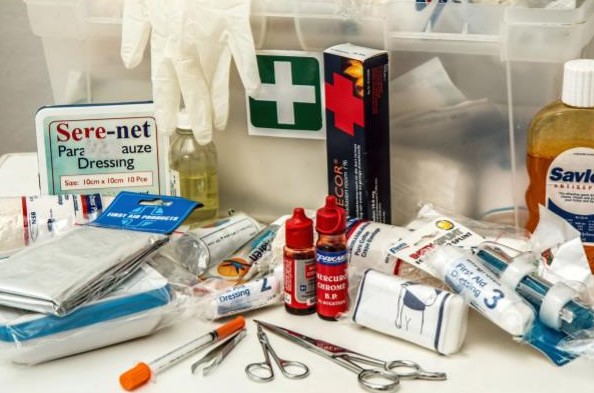20
Feb 2018
Dealing with Food Allergies During a Stay at Hospital
Published in General on February 20, 2018

Being admitted to hospital is a scary experience. Our fact sheet is designed to help you prepare for the process of hospital admission, particularly dealing with your food allergy. Managing allergies to foods is a difficult prospect at home, especially if you suffer from multiple allergies or have severe reactions to food products. Managing allergies is even more complicated at hospital, where they may not have strict policies for providing the allergy patient with appropriate food choices. If foods are not served in a package with an ingredients list, you should ask what’s in every meal or snack.
Why Are You Being Admitted?
The two types of hospital admission are emergency and elective. If you’re an emergency patient, you likely came in through the Emergency Department or by ambulance. In this case, it’s an excellent idea to have a printed list of your allergies, the symptoms associated with those allergies, and foods that are appropriate for you. Your emergency admission may be a result of your food allergies or may be completely unrelated.
If you’re admitted in an elective situation, say for a same-day surgery or other procedures where you may stay a day or two, you’ll still need to inform the hospital of your food allergies. You’ll be given a red band to place on your arm or leg to alert all hospital staff. When you’re admitted, ask how the facility passes on information about patient allergies and if all staff adhere to that policy.
What to Consider
Keep in mind your usual allergy management routine. A hospital stay, if known about ahead of time, should be treated just like a holiday or work day, where you plan ahead for what you need to take with you. You should also plan for a potential hospital admission and treat it like you would if you went out to eat, asking or studying food contents before you eat.
If you have a child with food allergies, it’s even more important to plan ahead. Contact the hospital and explain your child’s restrictions and what foods are safe alternatives. Find out if the facility’s regular menu can accommodate your child’s needs. Ask about how medical staffers communicate with kitchen workers, how the food will be prepared, packaged, and delivered to your child’s room. If they can’t accommodate your child, will the hospital allow you to bring in outside food appropriate for your child? The answers to these questions will help you decide if this facility can safely cater to you or your child.





